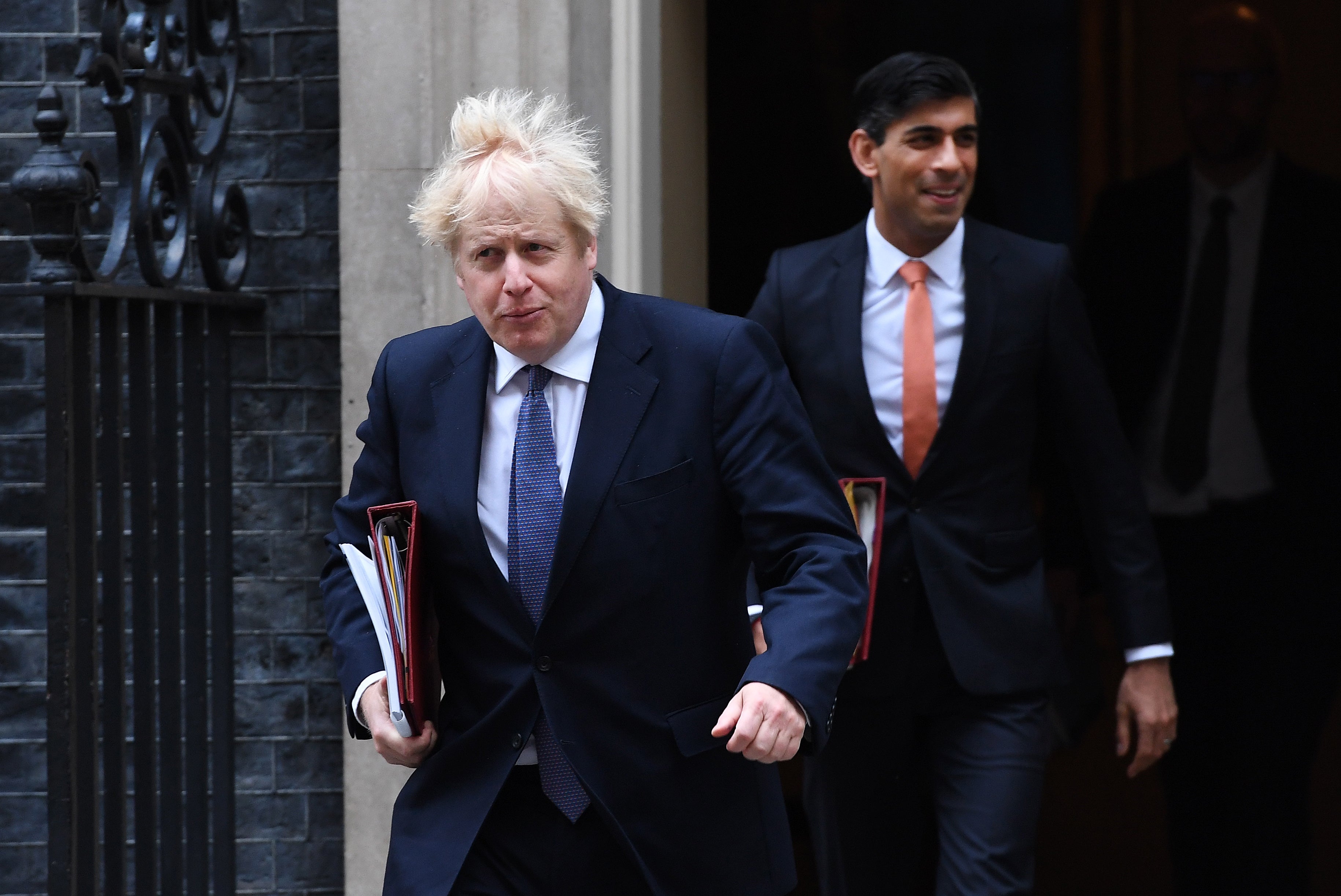Boris Johnson could cut foreign aid spending to pay for Covid crisis, admits minister
Slashing budget on temporary basis would be ‘legitimate choice’, claims communities secretary

Boris Johnson’s government will consider a temporary cut to the foreign aid budget to help repair the UK’s public finances during the pandemic, communities secretary Robert Jenrick has confirmed.
The minister did not deny reports discussions had been held between the prime minister and the chancellor about slashing the proportion of national income spent on aid from 0.7 per cent to 0.5 per cent – despite the commitment being enshrined in law.
“The chancellor will have to think very carefully about whether this is something that he wants to deploy at this unique time,” Mr Jenrick told LBC.
“We have a great reputation for the work … so we wouldn’t want to compromise that in the long term. But I think there’s a legitimate choice for the UK as to whether in the immediate situation we find ourselves in, we want to consider our options.”
The government is considering whether a “loophole” in the International Development Act Britain – which ensures 0.7 per cent of gross national income is spent on aid every year – to make the cut on a temporary basis next year, according to The Times.
The newspaper claimed chancellor Rishi Sunak was pressing for the move to be announced in next week’s comprehensive spending review, but that foreign minister Dominic Raab remained firmly opposed.
The proposal sparked fierce opposition from former foreign secretary Jeremy Hunt, who tweeted: “I felt incredibly proud we maintained aid spending during the cuts after the financial crisis because it spoke to our values as a compassionate country. Nothing has changed - THIS MUST NOT HAPPEN.”
The legislation governing the aid budget provides exemptions from the 0.7 per cent commitment if there is a “substantial change” in the UK’s gross national income, or if meeting the target would affect borrowing targets because of “circumstances outside the UK”.
Slashing the proportion of national income spent on aid from 0.7 per cent to 0.5 per cent would save the exchequer around £5bn.
A spokesman for Mr Johnson refused to rule out the change at the comprehensive spending review. “We’ve talked about needing to make sure we get value for money for the UK taxpayer and that aid is spent efficiently,” he said.
Join our commenting forum
Join thought-provoking conversations, follow other Independent readers and see their replies
Comments
Bookmark popover
Removed from bookmarks